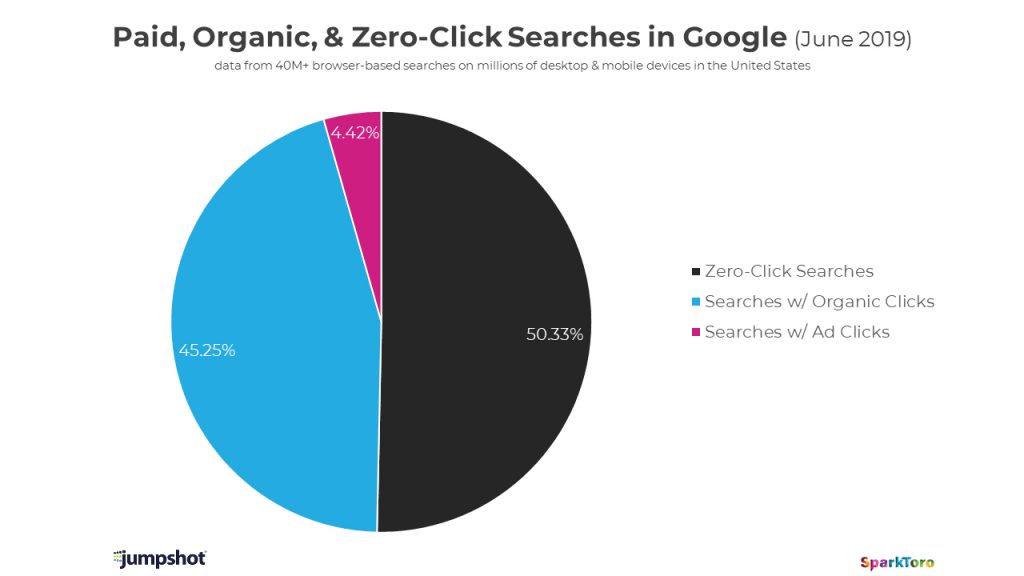Natural language processing (NLP) is a subfield of linguistics, computer science, information engineering, and machine learning or artificial intelligence concerned with the interactions between computers and human (natural) languages, in particular how to program computers to process and analyze large amounts of natural language data.
Category: Content management & strategy (Page 103 of 484)
This category includes editorial and news blog posts related to content management and content strategy. For older, long form reports, papers, and research on these topics see our Resources page.
Content management is a broad topic that refers to the management of unstructured or semi-structured content as a standalone system or a component of another system. Varieties of content management systems (CMS) include: web content management (WCM), enterprise content management (ECM), component content management (CCM), and digital asset management (DAM) systems. Content management systems are also now widely marketed as Digital Experience Management (DEM or DXM, DXP), and Customer Experience Management (CEM or CXM) systems or platforms, and may include additional marketing technology functions.
Content strategy topics include information architecture, content and information models, content globalization, and localization.
For some historical perspective see:
https://gilbane.com/gilbane-report-vol-8-num-8-what-is-content-management/
A document management system (DMS) is a computer system (or set of computer programs) used to track and store electronic documents in various forms, including:
- marked-up text files for editing and publishing to printing or electronic display devices, using either proprietary or standard markup languages
- “final form” print-oriented page languages such as PostScript or PDF
- rasterized images that have been scanned for archival or viewing
Basic features included check-in / check-out library services for authors, and version tracking.
Since the emergence of the Web and multichannel content management systems (CMS) in the 1990s and since, document management systems have largely become a subset of the broader content management category.
“Information technology” (IT) likely first appeared in a Harvard Business Review article in November 1958, and refers to the use of computing technology to create, process, manage, store, retrieve, share, and distribute information (data).
Early use of the term did not discriminate between types of information or data, but in practice, until the late 1970s, business applications were limited to structured data that could be managed by information systems based on hierarchical and then relational databases. Also see content technology and unstructured data.
Microsoft puzzling announcements
Jean-Louis Gassée has some good questions, including… “Is Microsoft trying to implement a 21st century version of its old Embrace and Extend maneuver — on Google’s devices and collaboration software this time?” Read More
Integrated innovation and the rise of complexity
While Stephen O’Grady’ post isn’t addressing Microsoft’s recent Surface announcements as Gassée was, it is an interesting companion, or standalone read. Read More
Google and ambient computing
‘Ambient computing’ has mostly been associated with the Internet of Things (IoT). There are many types of computing things. But the most important, from a world domination perspective, are those at the center of (still human) experience and decision-making; that is mobile (and still desktop) computing devices. The biggest challenge is the interoperability required at scale. This is fundamental to computing platform growth and competitive strategies (see Gassée’s question above). Ben Thompson analyzes Google recent announcements in this context. Read More
Attention marketers: in 12 weeks, the CCPA will be the national data privacy standard. Here’s why
Now it’s 10 weeks. Tim Walters makes a good case for his prediction even though other states are working on their own legislation, and Nevada has a policy already in effect. Read More
Also…
- Worthy thoughts on tech competition policy (PDF)… Mozilla on competition and interoperability via Mozilla blog
- For obsessive browser history buffs… Netscape Navigator via Quartz
- California will have an open Internet and so will lots of other states, despite the F.C.C.’s decision. via New York Times
- From the chief… Martech is now a $121.5 billion market worldwide via chiefmartec.com
The Gilbane Advisor curates content for content, computing, and digital experience professionals. We focus on strategic technologies. We publish more or less twice a month except for August and December.
Information management (IM), a rather broad term, that has been described as the collection and management of information from one or more sources and the distribution of that information to one or more audiences. This sometimes involves those who have a stake in, or a right to that information.
Other relevant concepts include information model, information architecture, information integration, and enterprise content management.
Also see:
Gilbane Report Vol 10, Num 5: A Framework for Understanding the Information Management Market
Less than half of Google searches now result in a click
Some mixed news about Google for publishers and advertisers in the past few weeks. We’ll start with the not-so-good news about clicks, especially as it turns out, for mobile, detailed by Rand Fishkin…
We’ve passed a milestone in Google’s evolution from search engine to walled-garden. In June of 2019, for the first time, a majority of all browser-based searches on Google resulted in zero-clicks. Read More
Google moves to prioritize original reporting in search
Nieman Labs’ Laura Hazard Owen provides some context on the most welcome change Google’s Richard Gingras announced last week. Of course there are questions around what ‘original reporting’ means, for Google and all of us, and we’ll have to see how well Google navigates this fuzziness. Read More
Designing multi-purpose content
The efficiency and effectiveness of multi-purpose content strategies are well known, as are many techniques for successful implementation. What is not so easy is justifying, assembling, and educating a multi-discipline content team. Content strategist Michael Andrews provides a clear explanation and example of the benefits of multi-purpose content designed by a cross-functional team that is accessible for non-specialists. Read More
Face recognition, bad people and bad data
Benedict Evans…
We worry about face recognition just as we worried about databases – we worry what happens if they contain bad data and we worry what bad people might do with them … we worry what happens if it [facial recognition] doesn’t work and we worry what happens if it does work.
This comparison turns out to be a familiar and fertile foundation for exploring what can go wrong and what we should do about it.
The article also serves as a subtle and still necessary reminder that face recognition and other machine learning applications are vastly more limited than what ‘AI’ conjures up for many. Read More
Also…
A few more links in this issue as we catch up from our August vacation.
- It is limited… Should we still be selling responsive web design? via Browser London
- The need for personal control… Getting past broken cookie notices via Doc Searls Weblog
- For open web scholars… Linked research on the decentralised web via Sarven Capadisli
- For (not only) librarians… Creating library linked data with Wikibase via OCLC
- AMP still controversial… Google is tightening its grip on your website via Owen Williams
- Good & bad: changes to nofollow… Google’s robots changes, the web & the law via Joost de Valk
- Good for your thumbs at least… Bottom navigation pattern on mobile web pages: a better alternative? via Smashing Magazine
- Data portability for all… Apple joins Data Transfer Project. Club also includes Google, Microsoft, Twitter, and Facebook. via 9to5mac
The Gilbane Advisor curates content for content management, computing, and digital experience professionals. We focus on strategic technologies. We publish more or less twice a month except for August and December.
A word processor (WP) is a computer application used for the production (including composition, editing, formatting and possibly printing) of any sort of printable material. Word processing is the creation of documents using a word processor. It can also refer to advanced shorthand techniques, sometimes used in specialized contexts with a specially modified typewriter. The term was coined at IBM’s Böblingen, West Germany (at that time) Laboratory in the 1960s.
Component Content Management, or CCM, is a term often used to define the class of technologies that can effectively manage small components of content, notably those encoded with XML. The common thread among both early and more recent adopters of CCM technology is the need to manage large content sets that can benefit from single sourcing, reuse, and translation and localization. While early adopters were mainly tied to large government projects, CCM technology is now increasingly used at a wide variety of hardware, software and large platform manufacturers.
CCM technologies typically share several characteristics—a repository for storage of XML-encoded content objects; mechanisms to check-in, check-out, and version the content; workflow to support editorial and publishing operations; and interfaces to connect the CCM technology to editing, content transformation, and publishing tools. More recently, CCM technology has been bolstered by the widespread adoption of XML schemas such as DITA (Darwin Information Typing Architecture) and S1000D.




